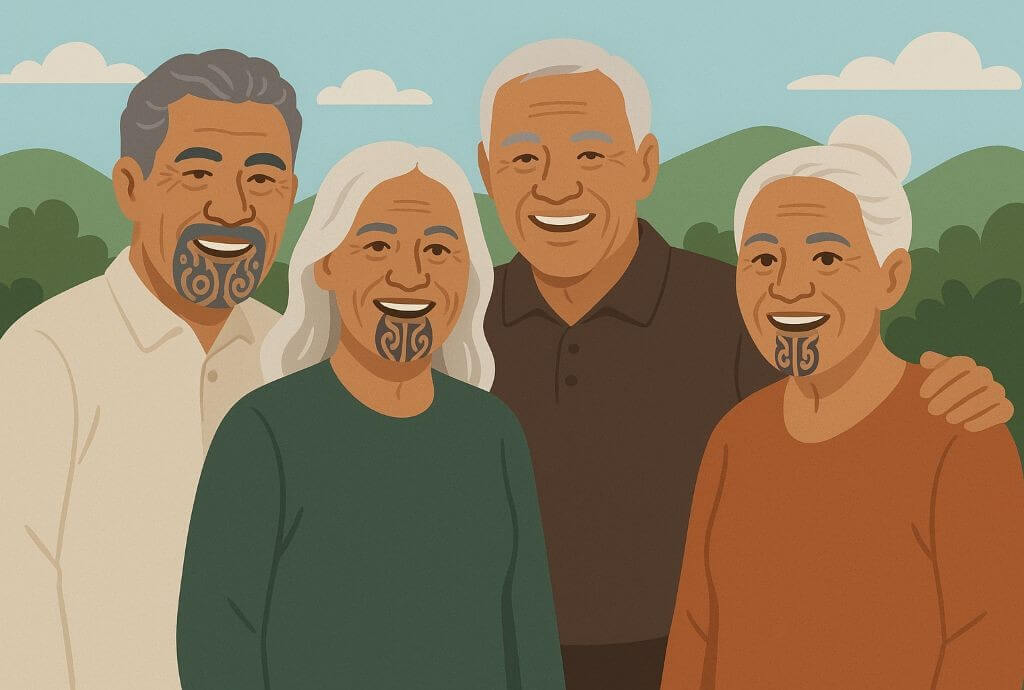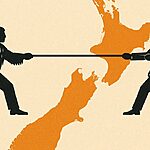Summarised by Centrist
Life expectancy for Māori has increased more than other ethnic groups between 2005–2007 and 2022–2024, Stats NZ figures show.
Māori life expectancy at birth rose just over 3 years to 75.8 years, while gains for European or Other, Pacific, and Asian groups ranged from 1.5 to 1.6 years.
Despite this progress, Māori still have a shorter average lifespan than other populations. Life expectancy at birth in 2022–2024 was 81.8 years for New Zealand as a whole, 82.8 years for European or Other ethnicities, 76.9 years for Pacific peoples, and 86.3 years for Asian peoples.
The overall increase in life expectancy has slowed in recent years, with the smallest gains since the early 1960s. Male life expectancy has improved faster than female life expectancy across all ethnic groups.

Regional disparities persist, with the Tasman region recording the highest life expectancy, at almost 83 years for males and nearly 86 years for females, and Gisborne the lowest at about 78 and 82 years respectively. These differences reflect factors such as health and socioeconomic conditions.
Population projections suggest life expectancy could continue to rise, potentially reaching roughly 82 years for males and 85 years for females by 2033, and approximately 85 and 87 years by 2048.



















